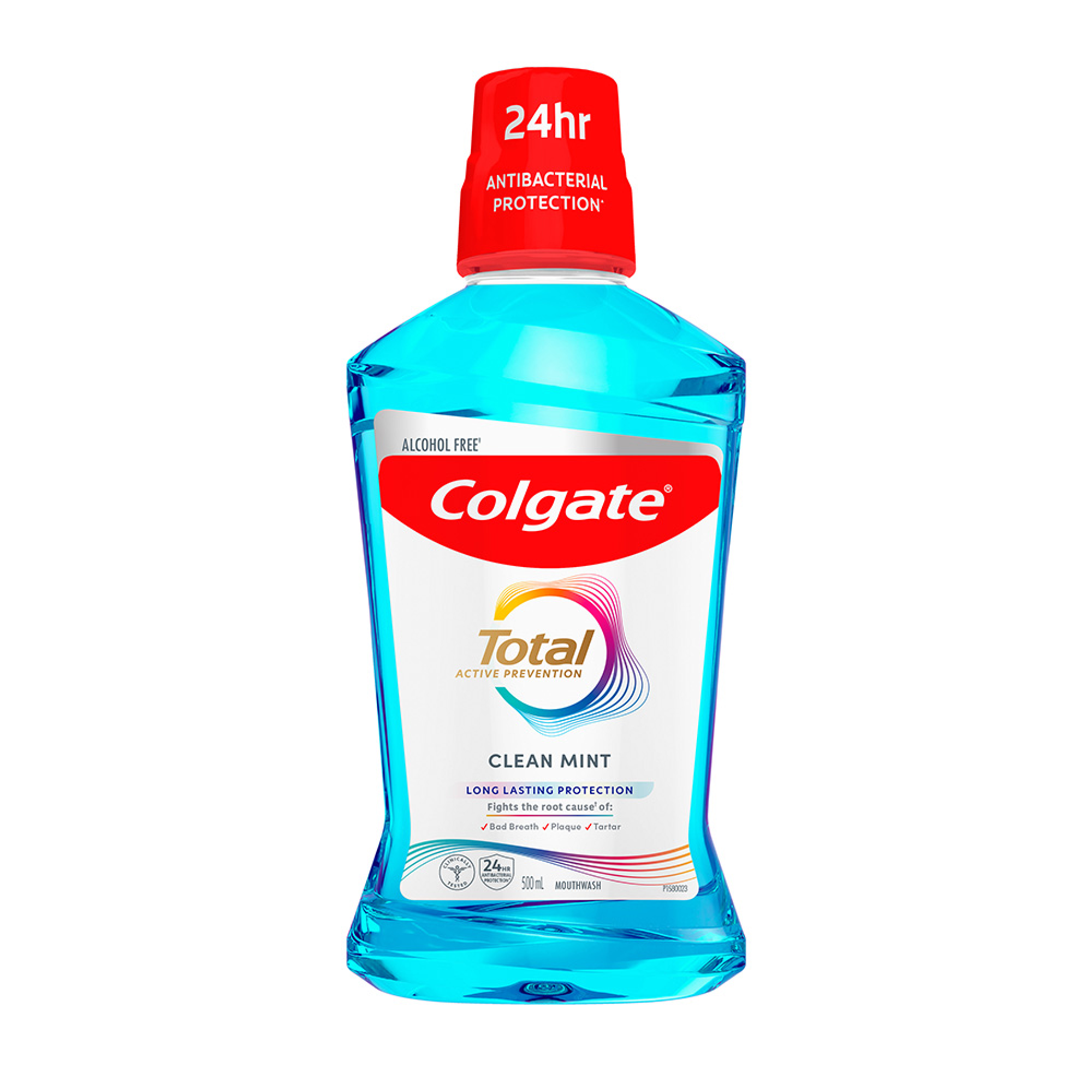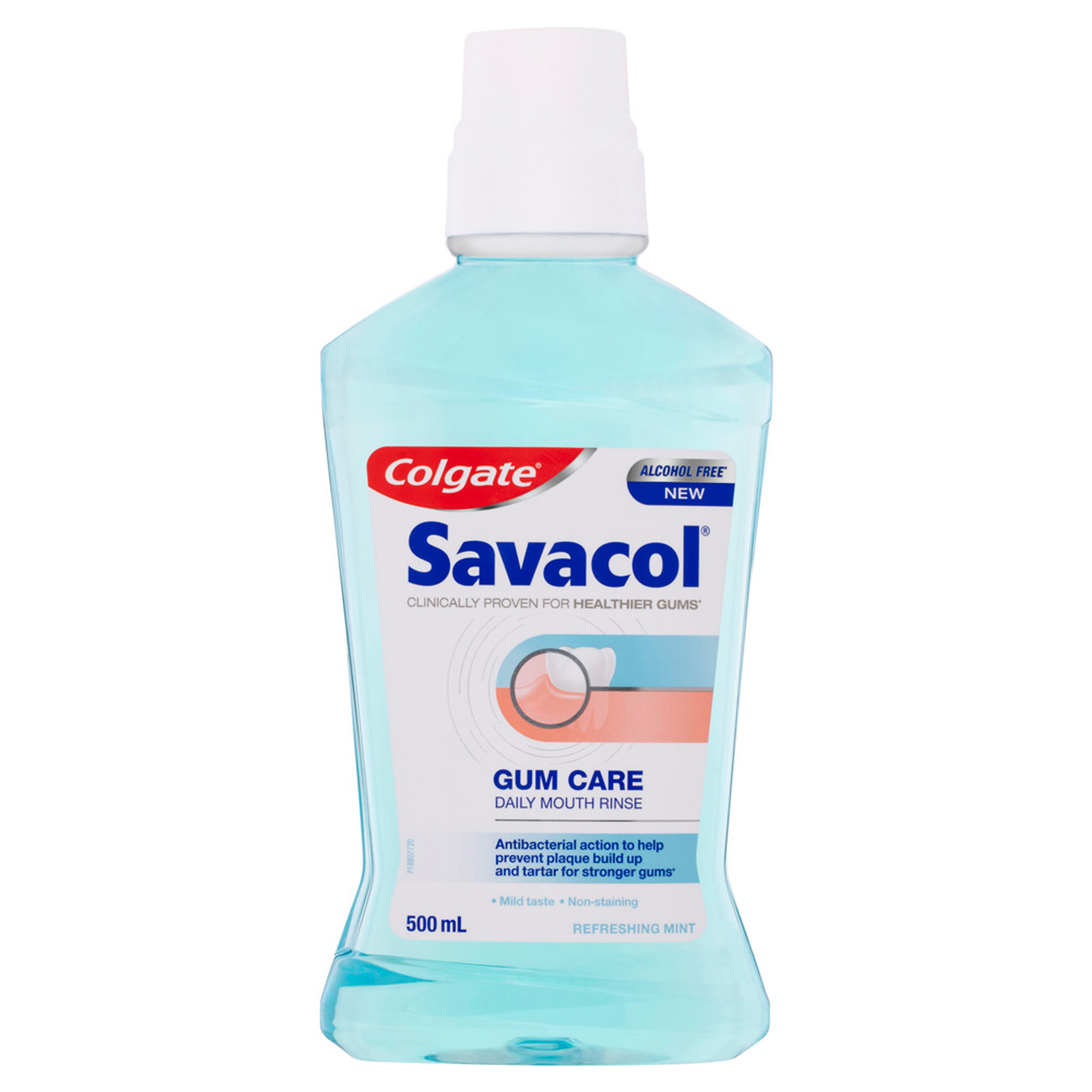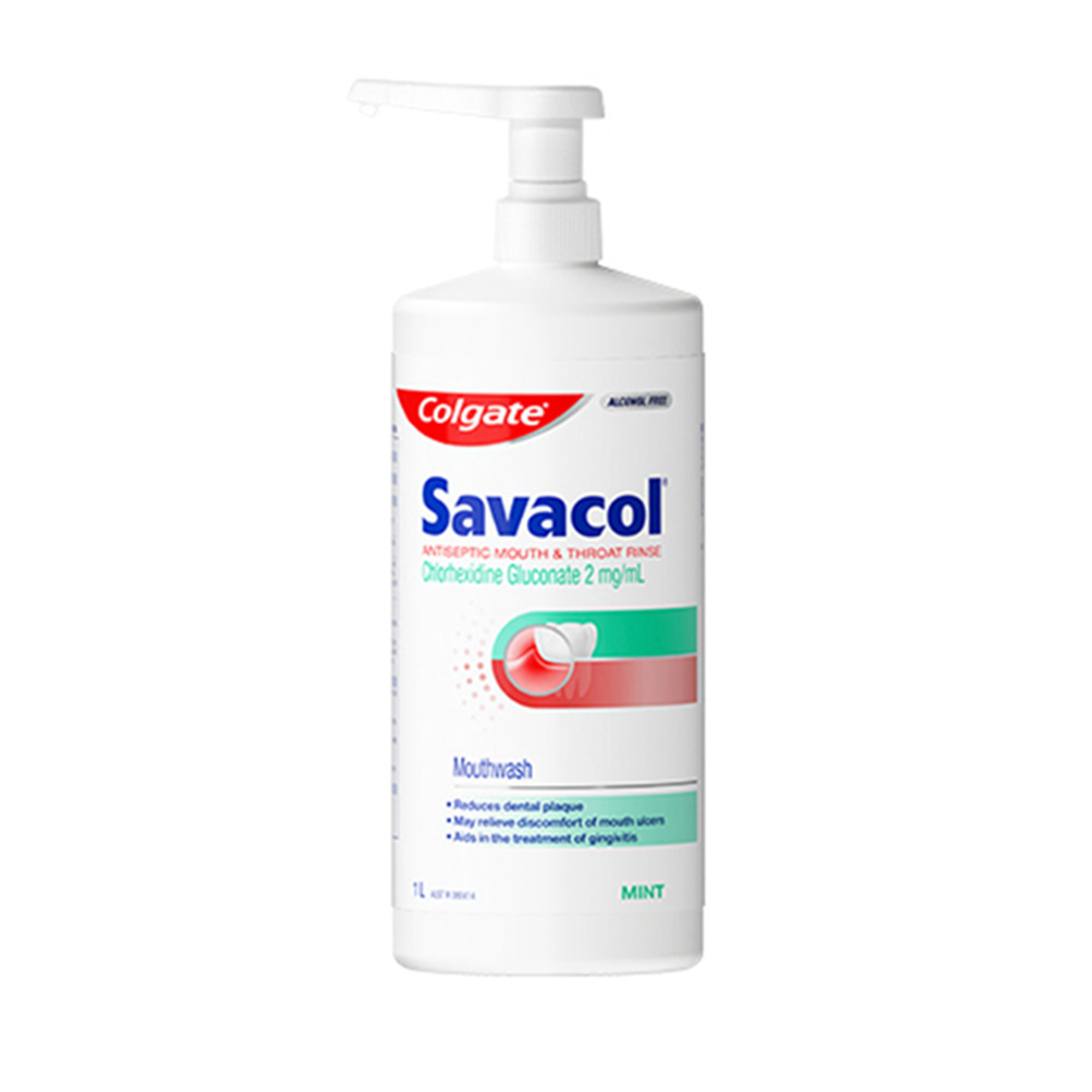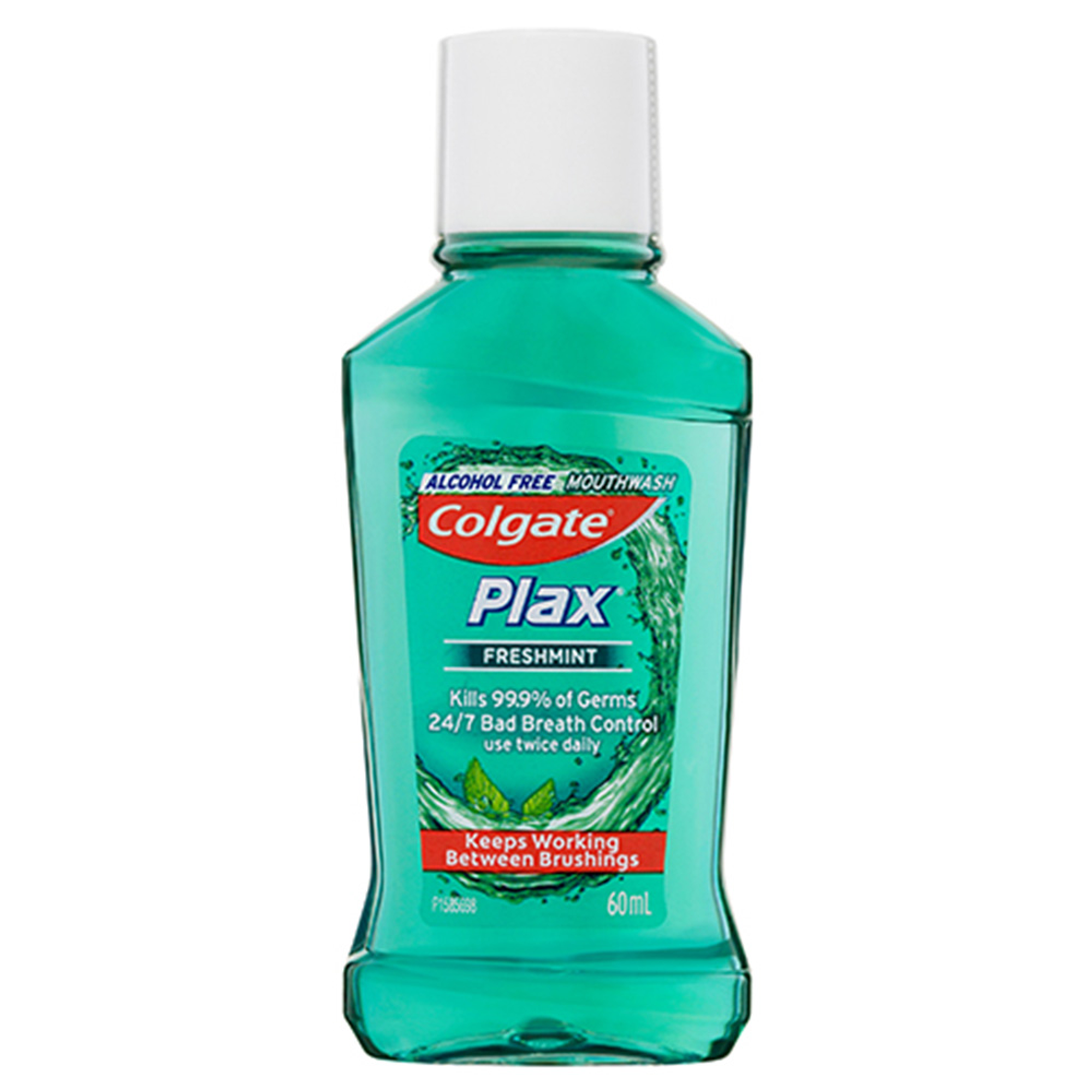
I have a confession to make. Until recently, I was addicted to sugar in all its glorious forms. This addiction was getting to me, mostly because I consider myself to be an analytical person who does ‘hard things’. So why did my sugar habit have so much power over me?
As dental practitioners, we have many habits, some that are health improving, and others, not so. We spend a lot of time trying to persuade ourselves, those close to us and our patients, on how to manage our lives and to make tiny improvements that yield great benefit over time.
For me, sugar was the way I dealt with stress or boredom (but mostly stress). It was an easy grab at work as a reward for dealing with a difficult patient or procedure, when I was running late, or simply hungry and needed a quick pick-me-up to get back into the throws of the next patient.
I needed help. A friend recommended James Clear’s book, ‘Atomic Habits’. James divides habit change into four laws that centre around concepts of cue, craving, response and reward. The laws encourage altering our environment to make it easier to build or break a habit, rather than pushing for self-control. My kind of book.
Here’s how I used the four laws to break my sugar-feasting frenzy.
Remove the cue – make it invisible
I stopped buying sugary treats for work and home. I hid any foods with added sugar from plain eyesight to reduce accessibility.
Make it unattractive – highlight the benefits of avoiding your bad habit
I recognised the dreaded post-sugar crash that left me exhausted and tired, and I am determined to avoid my parents fate of type II Diabetes.
3. Make it difficult – make it harder to access, and use a commitment device
If I did crave a sweet treat at work, I decided I would have to ask permission from one of my staff members. It’s quite a sorry day when you hear yourself begging for a treat. It also meant that I was too embarrassed to ask, so I didn’t.
4. Make it unsatisfying – get an accountability partner, and create a habit contract to make the cost public and painful.
My sister became my accountability partner. My contract with her entailed not only a verbal confession of my potential folly, but the parting of $50 each time I went on a sugar-feasting frenzy. My sister was keen to help (and happy for me to contribute to her ‘shoe fund’).
After 66 days of trialling this, I have to say, my new habit laws worked. I still have the occasional sweet treat, my obsession with sugar is non-existent. These simple measures also helped me lose weight, feel better, reduce my sugar cravings, and save money (sorry sis).
But what if you want to adopt a good habit? According to Clear, the same laws work in the opposite way. And you can make this new habit obvious, attractive, easy and satisfying. Let’s say you want your patient to brush their teeth correctly, and for the recommended duration.
1. Make it obvious
You have to make the new habit obvious by placing the toothbrush in a highly visible area.
James also recommends writing your habits to help you understand what you do, and the order in which you do things. You can then ‘stack’ the new habit with something you already do. For instance, most people eat breakfast. You could help your patient to decide with intention, ‘I will brush for two minutes after breakfast .
2. Make it attractive
We are fundamentally collaborative creatures, so it helps to join a culture where your desired behaviour is normal. You could encourage your poor/lazy brushers to use the Colgate Pulse Electric Toothbrush Series 2. The brush has a support app that tracks and rewards twice daily brushing, correct brushing duration and technique.
3. Make it satisfying
The app has a reward system that allows people to earn smile points for completing brushing challenges, and achieving healthy brushing routines. Points can be used to redeem other products or purchase items at a reduced cost.
4. Make it easy
A common issue I encounter is patients confessing to running out of charge in their electric toothbrush. The Pulse toothbrush has a convenient USB attachment that makes charging on the go flexible and versatile.
So there you have it, a tried and true example of James Clear’s ‘cue, craving, response and reward’ to help anyone build or break any habit.
While Clear confesses that brushing your teeth well once, or avoiding a single sugar-binge isn’t going to yield instant results. Practicing these laws sets us up to move in the right direction, with the correct intention. It’s small daily actions we take consistently over time that help us reap the greatest benefits and rewards. So why wait? In times to come, you (or your patients) will be glad that you started today. How will you help yourself, and your patients establish great oral health habits for them and their families?
Dr Arosha Weerakoon is a Senior Lecturer at the School of Dentistry, The University of Queensland (UQ), and owner of Tewantin Family Dental.
Arosha has a Master’s in Public Health and a PhD (UQ); her thesis is titled, ‘Dentine, Adhesive Interfaces & Physiological Ageing’. She is a Fellow of the Royal Australasian College of Dental Surgeons, the International College of Dentists and the Pierre Fouchard Academy. Arosha is the Assistant Secretary for the International Dental Ethics and Law Society, and Deputy Chair and oral health representative for the Country to Coast Queensland Clinical Advisory Council.
In recognition of her commitment to professional learning and development, Arosha was awarded the 2022 BOQ Specialist Practice Bursary for Dental Excellence from the Australian Dental Association (QLD). In 2019, Arosha was awarded the Brisbane Lord Mayor’s Convention Trailblazer Grant. In the same year, Arosha won the top prize, The Vice Chancellor’s Award, for her research pitch titled, ‘It’s about bonding with fillings’ hosted by Universities Australia. As part of her prize, Arosha completed an internship at The Conversation Media Group Headquarters in Melbourne. To date, she has published eleven articles promoting oral health with The Conversation Media Group.
Arosha believes that community engagement, interdisciplinary collaboration and patient empowerment is the key to improving oral and general health for all. She hopes to use her role as a Colgate Advocate for Oral Health to create meaningful discussions with oral and general health professionals to improve health practices, patient outcomes and to encourage more clinicians to engage with research.
Join us
Get resources, products and helpful information to give your patients a healthier future.
Join us
Get resources, products and helpful information to give your patients a healthier future.











